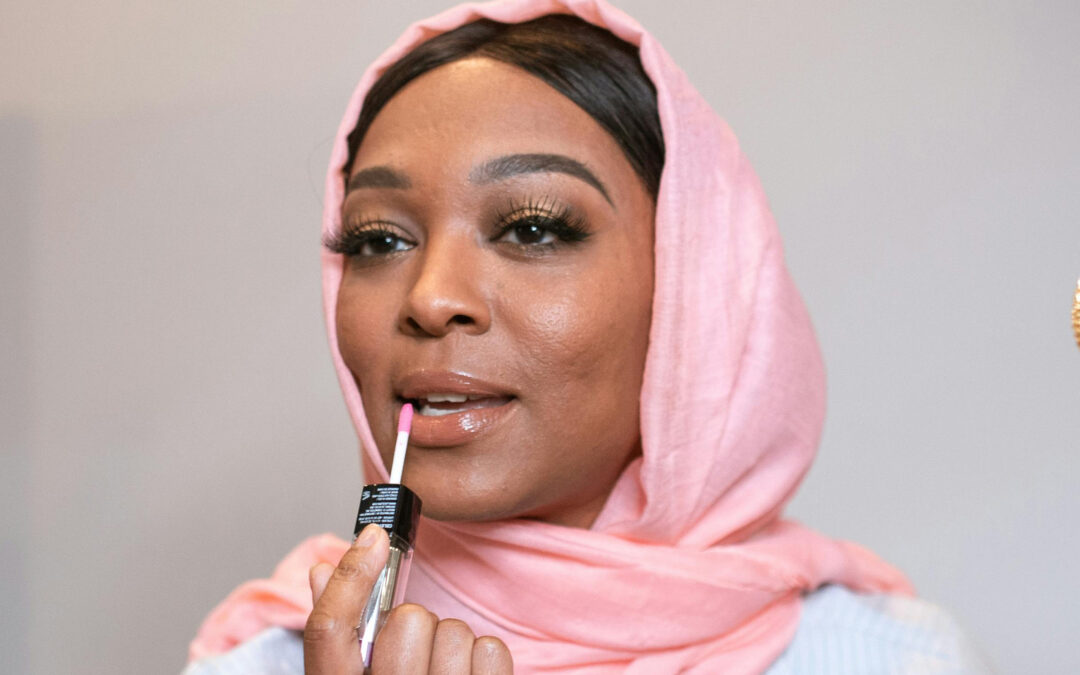What is Lip Cancer?
Lip cancer is a form of mouth cancer. While it may sound alarming, the good news is that with early detection, it can be treated successfully. As with other forms of cancer, early diagnosis increases the chances of survival to nine out of ten.
Surprisingly, even though the majority of the American public have heard of mouth and lip cancer, many are unaware of its main signs and symptoms. Alarmingly, the Oral Health Foundation reports that lip cancer kills more people annually than cervical and testicular cancer combined. Thus, recognizing the symptoms and understanding how it differs from other cancers is crucial.
Signs and Symptoms
- Visible changes in the skin on the lips
- Open sores
- A red patch that becomes crusty, itchy, or bleeds
- Lumps or wart-like growths
- A pale or white skin area that looks like a scar
Causes and Risk Factors
Like many cancers, lifestyle factors can contribute to the development of lip cancer. Here are some of the primary risk factors:
Sun Exposure
Approximately one-third of lip cancers are associated with excessive sun exposure. Climate change and increased outdoor activities post-COVID-19 have also led to greater UV exposure, even on cloudy days.
Tobacco Use
Smoking significantly increases the risk of developing lip cancer.
Alcohol Use
Consuming three to four alcoholic drinks daily doubles the risk of mouth cancer compared to non-drinkers. This risk multiplies when combined with tobacco use.
Cold Sore or Cancer?
While cancerous lesions may initially resemble cold sores, they do not heal as quickly. If you notice persistent changes in your lips, consult your dental professional or doctor for advice and possible referral for further evaluation.
How Does Lip Cancer Differ from Other Cancers?
Unlike many other types, lip cancer is usually highly visible and almost always curable if detected early.
Importance of Early Diagnosis
Regular dental check-ups are crucial for early diagnosis. Dental professionals are trained to detect signs of mouth cancer. Report any changes such as sores, growths, or differences in lip color to them immediately.
Prevention Tips
There are several lifestyle choices you can make to reduce your risk of developing lip cancer:
- Quit Smoking: Smoking can increase your risk by up to ten times.
- Limit Alcohol Consumption: The combination of alcohol and tobacco significantly raises the risk of mouth cancer.
- Use SPF Lip Balm: Protect your lips from harmful UV rays by applying SPF lip balm daily, even on cloudy days.
The Oral Health Foundation highlights that “up to 90% of all mouth cancers are linked to lifestyle factors.” Now is the best time to make healthier choices.

